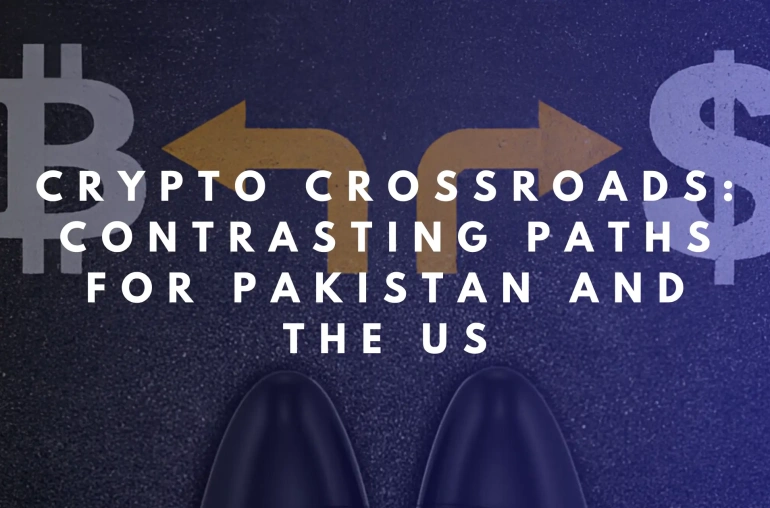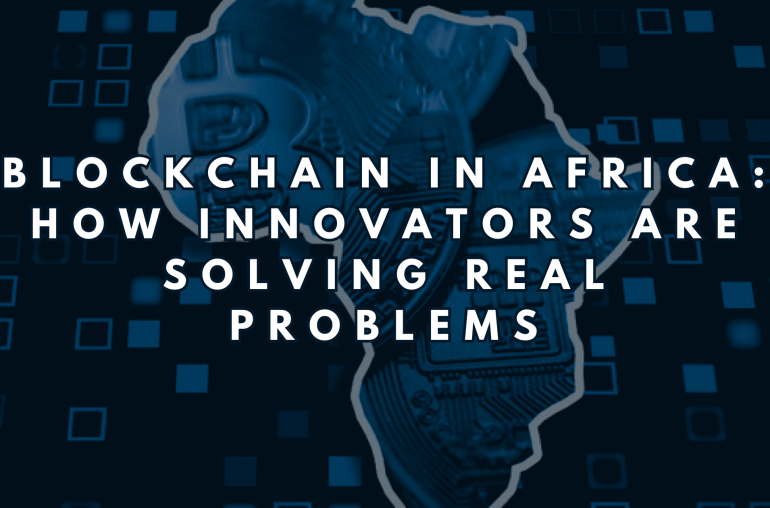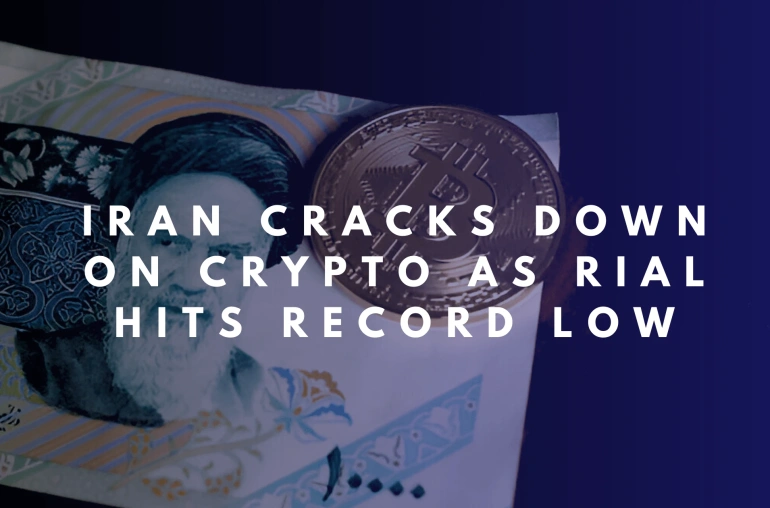Cryptocurrency is borderless, open-sourced, volatile, and decentralized—qualities that have made it both a disruptor and a challenge for traditional financial systems. As crypto adoption accelerates worldwide, Pakistan stands at a crossroads: how can it regulate a technology designed to resist control, while ensuring the country benefits from the digital revolution?
A Brief History: From Ban to Bold Steps
For years, Pakistan watched the global crypto wave with caution. In 2018, the State Bank of Pakistan (SBP) banned banks from facilitating crypto transactions. But a ban is not regulation, and silence is not a strategy. Despite the lack of legal clarity, Pakistan’s crypto market quietly flourished—by 2021, the country ranked third globally in crypto adoption, boasting 15 to 20 million active users.
The Pakistan Crypto Council (PCC): Driving Responsible Innovation
Recognizing the need for a formal approach, the government has established the Pakistan Crypto Council (PCC). Led by Bilal Bin Saqib and supported by the finance minister and SBP governor, the PCC is tasked with responsibly integrating digital assets into the national financial system. In a landmark move, Pakistan appointed Binance founder Changpeng Zhao (CZ) as a strategic advisor, signalling its intent to align with global crypto standards.
Why Regulation is Complex—And Essential
Pakistan’s Crypto regulation is uniquely challenging. Blockchain applications evolve rapidly, and each innovation introduces new legal uncertainties. Pakistan must balance the urgency for legal certainty with its economic priorities and institutional capacity. The risk is clear: without robust regulation, Pakistan could fall behind in the global digital economy.
A Four-Phase Roadmap for Pakistan’s Crypto Regulation
Phase 1: Laying the Foundation
- Central Oversight Authority: Establish a dedicated crypto regulatory body for licensing, compliance, and ongoing policy development.
- AML/CFT Alignment: Develop anti-money laundering and counter-terrorism financing frameworks per FATF guidelines.
- Legal Clarity: Define crypto assets, service providers, and blockchain applications to eliminate ambiguity.
- Licensing VASPs: Require registration and licensing of exchanges, wallets, and custodians for consumer protection.
Phase 2: Controlled Innovation
- Dual-Tier Licensing: Light regulation for small innovators, stricter compliance for large players (inspired by Singapore and Japan).
- Regulatory Sandboxes: Expand SECP’s sandbox for blockchain, digital payments, and tokenized assets.
- National Blockchain Strategy: Create a legal framework for blockchain use in governance and public sector efficiency.
Phase 3: Protection, Resolution, and Value Creation
- Consumer Protection: Enforce transparency, secure custody, and disclosures to build market trust.
- Data Protection: Mandate encryption and secure data handling across all crypto platforms.
- Dispute Resolution: Establish fast-track arbitration and mediation for crypto-related conflicts.
Phase 4: Strategic Integration
- Bitcoin Mining: Regulate and incentivize environmentally responsible mining, leveraging surplus electricity and clean energy.
- Crypto Taxation: Introduce clear capital gains and income tax structures for digital assets.
- Promoting Innovation: Offer incentives for blockchain startups and foster international cooperation.
The Crypto.pk Perspective
At Crypto.pk, we welcome Pakistan’s commitment to responsible crypto innovation. The PCC’s leadership and CZ’s global expertise put Pakistan on the path to becoming a regional leader in digital assets. We believe robust regulation will protect consumers, attract investment, and unlock the full potential of blockchain technology.
Our Promise:
- Shariah-Compliant Digital Assets: We exclusively gives our opinion for those cryptocurrencies that align with Islamic principles.
- Expert Guidance: Personalized advice for beginners and experienced investors navigating regulatory changes.
- Market Insights: Real-time updates on BTC to PKR rates, regulatory news, and crypto trends.
FAQs
Why is crypto regulation important for Pakistan?
It protects consumers, prevents misuse, and positions Pakistan as a competitive player in the global digital economy.
How does Crypto.pk ensure Shariah compliance?
We rigorously vet all digital assets to ensure they meet Islamic financial principles before offering them to clients.
What’s the role of the PCC and CZ?
The PCC leads regulatory efforts, while the CZ brings global expertise to help Pakistan align with international standards.
Conclusion
Are you ready to explore the world of ethical, Shariah-compliant digital assets?
Contact Crypto.pk today for expert guidance and secure, responsible crypto investing.
Visit Crypto.pk or call our helpline now—let us help you navigate the future of finance with confidence and integrity!




